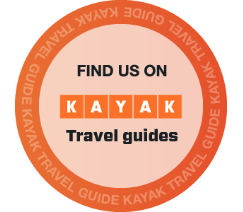Classroom videos, student handouts, and offline lesson plans will be made available on the days listed below.
You will be able to send these videos and handouts to your students to provide them with key concepts and activities that link to the curriculum.
The offline lesson plans provide a detailed explanation of the concepts and the procedure. You can use this to help teach the lesson. These will also be made available to students without internet access.








